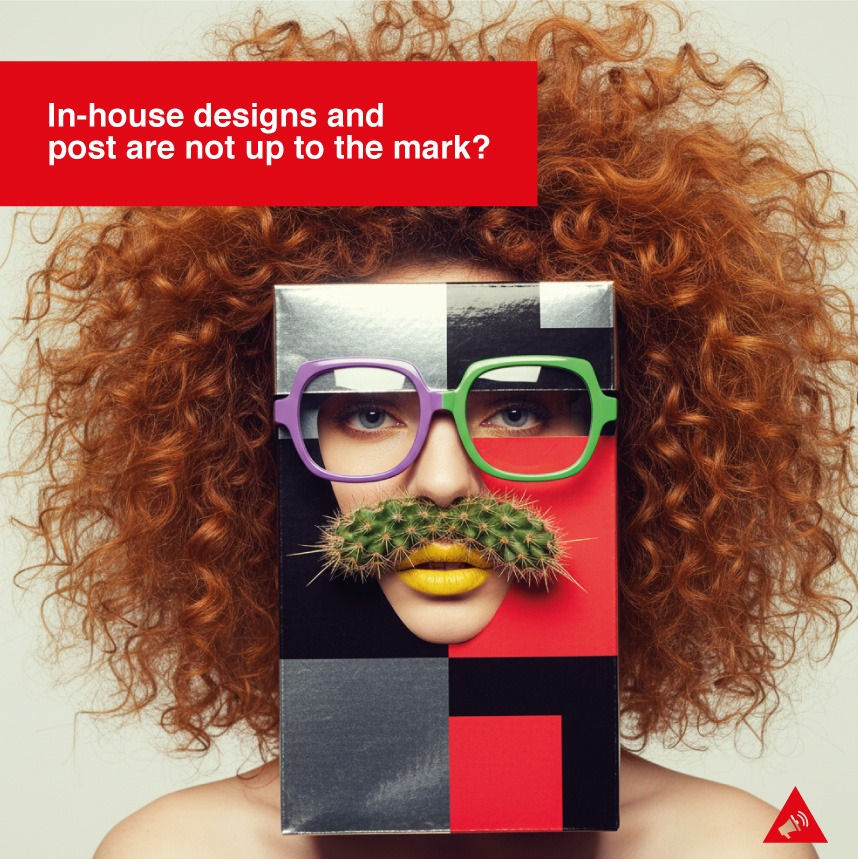Cult Brand vs. Normal Brand: What Truly Sets Them Apart.
- Mahesh Karande
- Aug 12, 2025
- 2 min read
Updated: Sep 1, 2025

Behind every cult brand is a deeper purpose, here’s how they win hearts.
Quick Answer:
A typical brand has customers. A cult brand has followers, advocates, and passionate believers. If your brand disappeared tomorrow, an ordinary brand would be replaced. A cult brand would be remembered and missed.
Key Differences at a Glance
Aspect | Normal Brand | Cult Brand |
Customer Mindset | “I like this product.” | “This brand reflects who I am.” |
Loyalty | Transactional | Emotional, fierce, irrational |
Marketing Focus | Features and benefits | Beliefs, identity, belonging |
Community | Users | Tribe, movement, culture |
Price Sensitivity | High | Low—fans happily pay more |
Growth Path | Linear | Organic, viral, word-of-mouth |
Examples of Cult Brands:
Royal Enfield (India)With Royal Enfield, you’re not just buying a motorcycle, you’re joining a brotherhood. From road trips to tattoos, it’s a lifestyle choice. Specs don’t matter as much as emotion and community, and fans rarely switch.
Harley-Davidson (Global)Harley-Davidson’s global tribe showcases the same devotion. The logo lives on jackets, helmets, mugs, and hearts. It’s a personal identity, not just a product.
Examples of Normal Brands
Shoppers Stop: Dependable service, good variety, but no emotional connection. People shop, leave, and may return, but they don’t deeply identify with the brand.
Dove: Dove offers strong campaigns like “Real Beauty” and quality products, but it’s more respected than celebrated. It doesn’t inspire a loyal movement like Nike or Patagonia.
What Cult Brands Do Differently
1. They Stand for Something Beyond the Product
o Nike = Empowerment
o Patagonia = Sustainability
o Royal Enfield = Brotherhood
2. They Create Rituals and Symbols
o Apple fans queue at product launches.
o Harley riders have proud riding traditions.
o Cult brands get celebrated, not just used.
3. They Engage with Their Community
o Cult brands co-create with their followers, listen, and evolve together.
4. They Don’t Try to Please Everyone
o Cult brands take a clear stand, polarize when necessary, and build stronger loyalty because of it.
o Think Supreme or Tesla—loved by many, dismissed by some, but never ignored.
Questions for Founders to Reflect On
· Would my brand be missed, or easily replaced?
· What beliefs do people embrace when they buy from me?
· Am I building transactions, or building a tribe?
Final Thought
A normal brand asks, “How do I get more customers?” A cult brand asks, “How do I create true believers?” You don’t have to be big to start; you need to be bold, clear, and deeply connected to your audience’s identity.




Comments